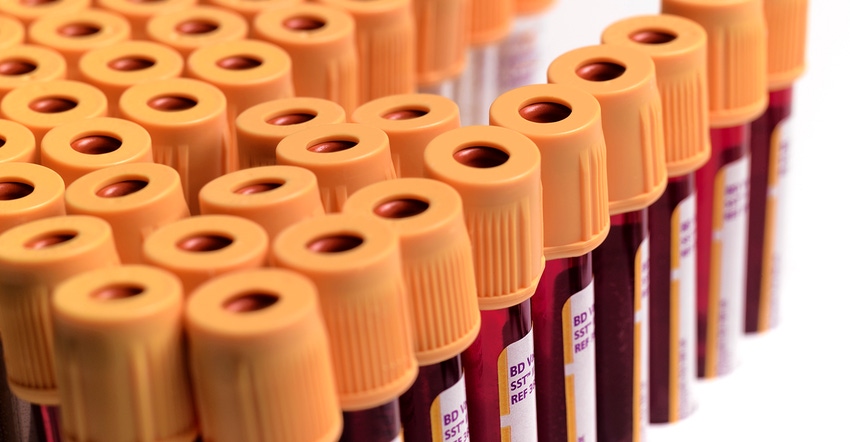Initiative investigates feasibility of safely recycling used plastic blood collection tubes in a circular economy model.
May 17, 2023

Medical technology company BD uses a tremendous amount of plastics to manufacture an array of single-use devices. It also happens to be in the vanguard of medical device companies seeking to inject circularity into healthcare. Its latest project involves studying the feasibility of recycling used blood collection tubes in collaboration with academic institutions, medical facilities, and governmental bodies in Denmark.
The pilot project, part of Denmark’s Climate Action Strategy, is being conducted at the Odense University Hospital in collaboration with BD; the Health Innovation Centre of Southern Denmark; non-profit R&D body Danish Technological Institute; and GMAF Circular Medico/EcoFitt, a manufacturer that developed the world’s first 90% recyclable medical face mask. The partnership models a circular economy approach by reducing material use; redesigning materials, products, and services to be less resource intensive; and recapturing waste as a resource to manufacture new materials and products, said the news release.
The collaboration is part of a broader nationwide effort to reduce Denmark’s greenhouse gas emissions by 70% in 2030 compared to 1990 levels.
BD is the world’s largest manufacturer of blood collection tubes. It is committed to reducing the environmental impact of its product portfolio in alignment with its 2030+ environmental, social, and governance goals. “This partnership and program are a great example of like-minded stakeholders coming together to drive progress toward a greener, more sustainable healthcare system, because success cannot be accomplished by any one stakeholder alone,” said Amit Limaye, director of the BD Sustainable Medical Technology Institute, in a prepared statement.
Because they are considered a biohazard, blood collection tubes are currently incinerated after use in Denmark and elsewhere. This initiative will investigate steps involved in safely recycling the plastic tubes, which are made of high-quality raw materials, and evaluating the quality of the recycled plastic. The program is currently in an evaluation phase to establish basic technical feasibility and will move to the next phase later this year. The ultimate goal is to demonstrate the feasibility of recapturing the plastics used in blood collection tubes for new applications.
Earlier this year, BD also started a pilot program in the United States to determine the feasibility of recycling syringes discarded by healthcare facilities. It had been successfully recovering non-saleable injection systems from the production floor and, in partnership with waste management company Casella, recycling 100% of the syringes that previously had been going to landfill. BD decided to up the ante in February by using mechanical and chemical processes to recycle used syringes from medical facilities. Initial results are expected in the first half of 2023. Learn more about this initiative by reading our report on this pilot program.
About the Author(s)
You May Also Like




